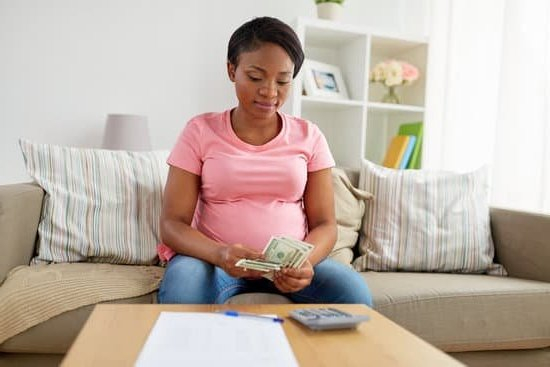Hemorrhoids During Early Pregnancy
Most pregnant women will get hemorrhoids at some point during their pregnancy, and about half will have them by the time they give birth. Hemorrhoids are swollen veins in the rectum or anus, and they can be very painful. They can also make it difficult to go to the bathroom.
There are several things you can do to help prevent or treat hemorrhoids during pregnancy:
• Avoid sitting or standing for long periods of time.
• Try not to strain when you go to the bathroom.
• Use a stool softener if you have constipation.
• Eat a high-fiber diet.
• Drink plenty of fluids.
• Apply a cold compress to the area to help reduce swelling and pain.
If you have hemorrhoids during pregnancy, you may need to see a doctor. The doctor can prescribe medication or other treatments to help relieve your symptoms.
Can Early Pregnancy Cause Yeast Infection
?
Yes, early pregnancy can cause yeast infection. A pregnant woman’s body changes in significant ways, and one of these changes is an increase in the production of estrogen. This hormone can create an environment that is conducive to the overgrowth of yeast.
A yeast infection is a common problem during pregnancy, and it can cause a range of symptoms, including itching, burning, and discharge. If you think you may have a yeast infection, it is important to see your doctor for diagnosis and treatment.
There are a number of treatments for yeast infection during pregnancy, and most are safe for both the mother and the baby. Your doctor may prescribe an over-the-counter or prescription medication, or he or she may recommend a home remedy.
It is important to treat a yeast infection during pregnancy, as it can lead to more serious problems, such as a urinary tract infection. If you are experiencing any of the symptoms of a yeast infection, please see your doctor as soon as possible.
Pain In Early Pregnancy
Pregnancy is an exciting time, but it can also be a time of anxiety and uncertainty. One of the most common concerns during early pregnancy is pain. While it’s normal to experience some cramping and discomfort, pain that is severe or lasts for a long time can be a sign of a problem.
There are a number of different causes of pain during early pregnancy. One of the most common is implantation cramping, which occurs when the fertilized egg attaches to the wall of the uterus. This can cause pain and cramping in the lower abdomen. Other causes of pain during early pregnancy include:
• Miscarriage
• Ectopic pregnancy
• Urinary tract infection
• Pelvic inflammatory disease
• Appendicitis
• Ovarian cysts
If you are experiencing pain during early pregnancy, it is important to see your doctor to determine the cause. Treatment for pain will vary depending on the cause, but may include medication, rest, and/or surgery.
Second Pregnancy Show Earlier
If you’re like most women, you probably think you can’t tell if you’re pregnant until after you miss your period. But sometimes, early signs of pregnancy show up before you even miss a period.
One of the earliest signs of pregnancy is a missed period. But other signs can show up before you miss your period. These include changes in your breasts, changes in your appetite, feeling more tired than usual, and nausea.
If you’re pregnant, your body is going through a lot of changes. You’re growing a baby, after all. Some of these changes may be noticeable to you sooner than others.
If you’re experiencing any of these early signs of pregnancy, it’s a good idea to take a pregnancy test. The sooner you know you’re pregnant, the sooner you can start prenatal care.
How Early Does A Blood Test Detect Pregnancy
?
Blood tests for pregnancy detection vary in their ability to detect a pregnancy early on. The earliest a blood test can detect a pregnancy is about five days after fertilization. However, most blood tests can detect a pregnancy about two weeks after fertilization.

Welcome to my fertility blog. This is a space where I will be sharing my experiences as I navigate through the world of fertility treatments, as well as provide information and resources about fertility and pregnancy.





